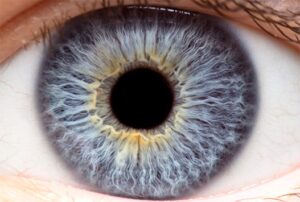
The cornea is the transparent, convex shield that protects the eye’s pupil and iris. It plays a key role in ensuring sharp vision by focusing incoming light on the retina. If the cornea is misshapen or becomes damaged, your eyesight will lose its clarity.
Here, the experienced vision care professionals of Mack Eye Center review several conditions that can affect the health and integrity of your cornea.
Dystrophies
Corneal dystrophies involve accumulation of opaque material in the cornea. The severity can vary widely with this condition, and may involve a high level of pain. Over 20 different types of inherited dystrophies can harm the cornea.
In one variety, Fuchs’ dystrophy, loss of cells in the endothelium causes swelling of the cornea. This leads to blurred vision that progressively worsens. Granular dystrophy involves the growth of lesions on the inside of the eye. This interferes with vision and is sometimes painful.
Keratoconus is the most common dystrophy. With this condition, the middle part of the cornea thins and begins to bulge. The resulting cone-shaped cornea cannot precisely focus light on the retina. The condition can also cause scarring and swelling.
Patients who suffer from progressive keratoconus face the prospect of gradually dimming vision, as well as multiple corneal transplant surgeries to replace a thinning, cone-shaped cornea. One new treatment option, corneal crosslinking, repairs the cornea by stimulating collagen production in corneal tissue. Corneal crosslinking will typically not reverse the effects of keratoconus, but it is the only proven technique for stopping its progression. A corneal transplant is the only other treatment option.
Other Risks
Keratitis is a painful infection that causes inflammation and can scar and otherwise damage the cornea. Treatments range from antibiotic eyedrops to corneal transplants in severe cases.
Dry eye syndrome is another chronic condition that can damage the cornea. The eye’s meibomian glands secrete oils that keep tears from evaporating quickly. When these glands stop working properly, the fine layer of moisture on the eye’s surface dissipates, resulting in less protection for the cornea.
If you would like to learn more about protecting your eyes and preserving your vision, schedule an appointment today at Mack Eye Center, conveniently located in Hoffman Estates.

